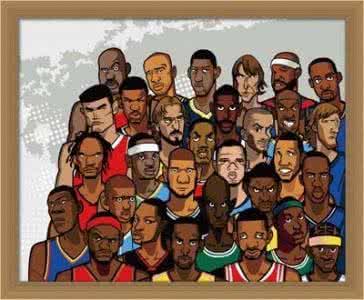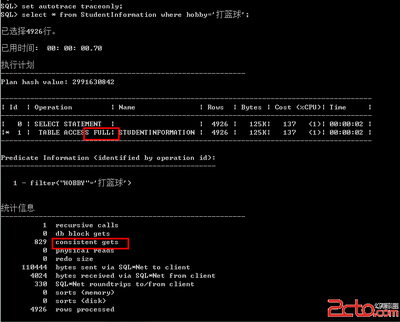
People Found Who Don't Use Numbers
Counting is one of the first things we teach our kids. I mean, every parent’s probably said, “You had better be in that bed by the time I count to three.” Followed by “One…two…two-and-a-half…” But counting might not be as universal as it seems. Because scientists from M.I.T. have found that a tribe living in the Amazon has no words for numbers.
Back in 2004, the M.I.T. team reported that the Piraha people seemed to have terms that described “one,” “two,” or “many.” This was based on asking tribe members to count objects, like sticks or nuts or AA batteries, as the researchers laid them out. This time, the scientists had the subjects count backward as they removed things. And they discovered that tribe members used the word previously thought to mean “two” for as many as five or six objects. And they used the word “one” for anything less than that. So the words don’t stand for numbers, so much as relative amounts. The findings appear in the online edition of the journal Cognition.
Although the Piraha people might not need numbers, think of what they’re missing. “A large number of trombones led the big parade, with an even larger number of cornets close at hand…”
不使用数字的部落
“数数”是孩子们最先接受的教育之一。我的意思是指:每位父母亲可能曾经对他们的孩子们说过“你最好在我数到3的时候上床睡觉。”然后你开始数 “1…2…2.5…”但是并不是所有人都数数。因为来自麻省理工学院的科学家发现,居住在亚马逊地区的一个部落没有表达数字的相应单词。
早在2004年时候,这个来自麻省理工学院的研究小组报道说,皮拉罕人好像使用一些专们的术语来表达“一”, “二”,“很多”这些概念。研究人员把树棍、坚果或者5号电池放在这些部落人的面前,然后让他们数,科学家们根据他们的表述得出了这个结论。而第二次科学家们一边移走东西,一边让他们倒着数。科学家们发现这些部落人使用先前认为是表达“二”的语言来表达5个或者6个的东西。他们使用“一”来表达任何少于5个或者6个的东西。所以,这些语言不代表那些相应数量的数字。这项研究发表在网络版杂志《认知》上。
虽然皮拉罕人不需要数字,但是他们也丢失了很多。“很多吹奏长号的人引导着游行队伍,同时手里拿着更多的短号…”(编辑:胡慧)
Vocabulary:
Piraha:皮拉罕人(居住在巴西亚马逊河地区的一个土著部落)
trombone:长号
Cornet:短号
(备注:英语原文来自SCIENTIFIC AMERICAN《科学美国人》http://www.sciam.com)
 爱华网
爱华网


